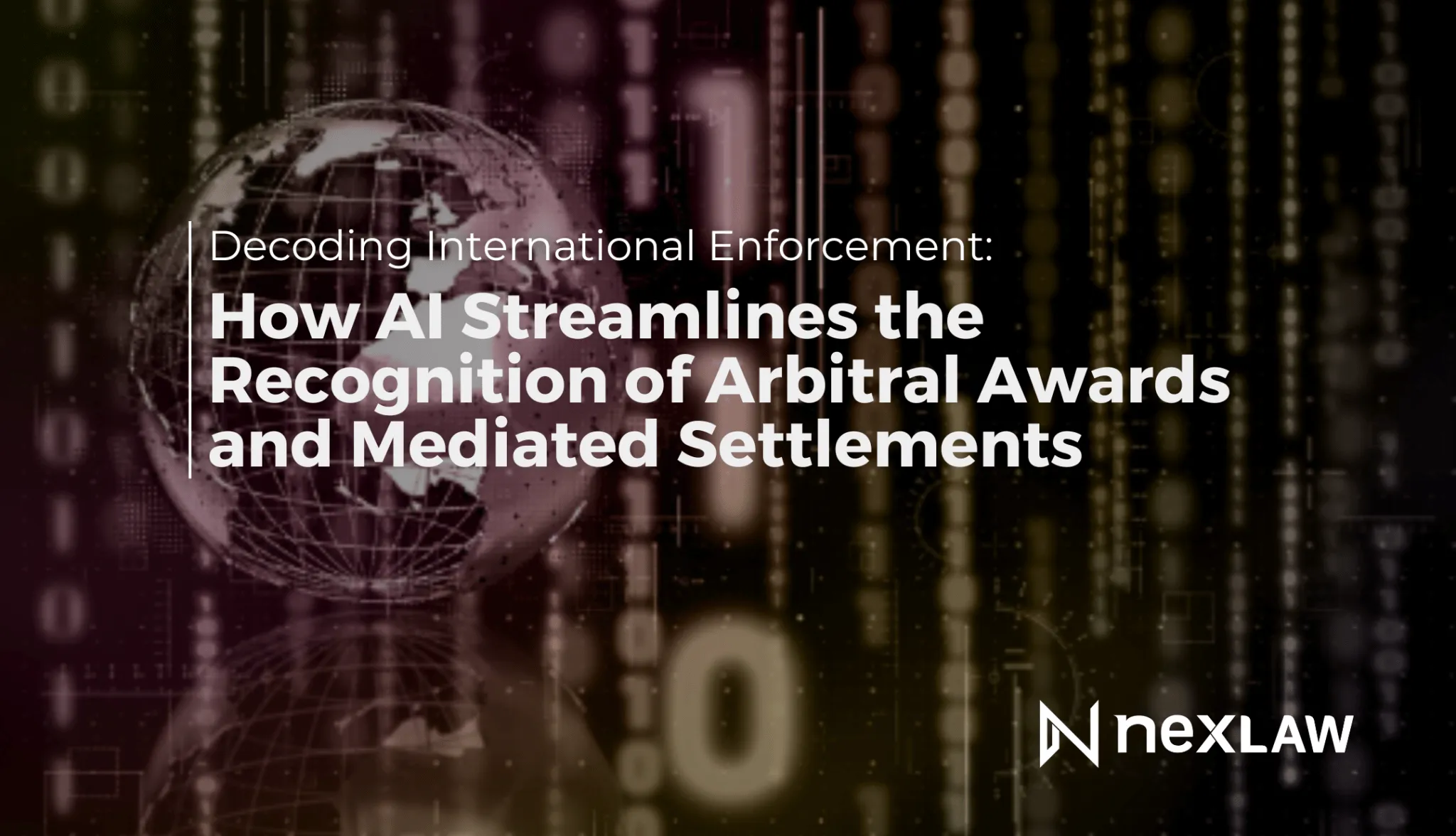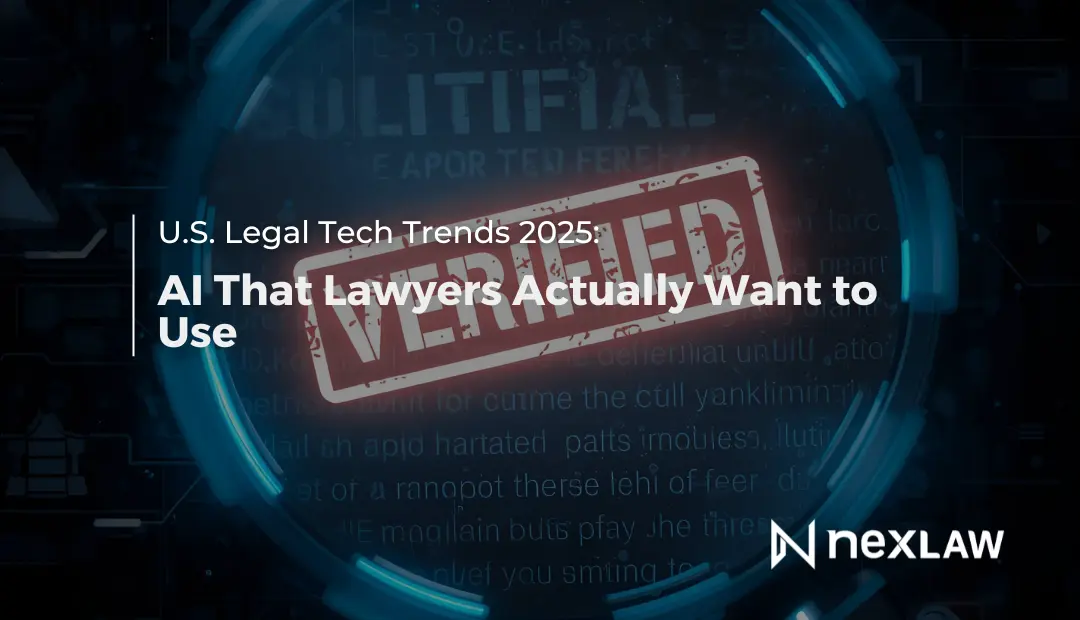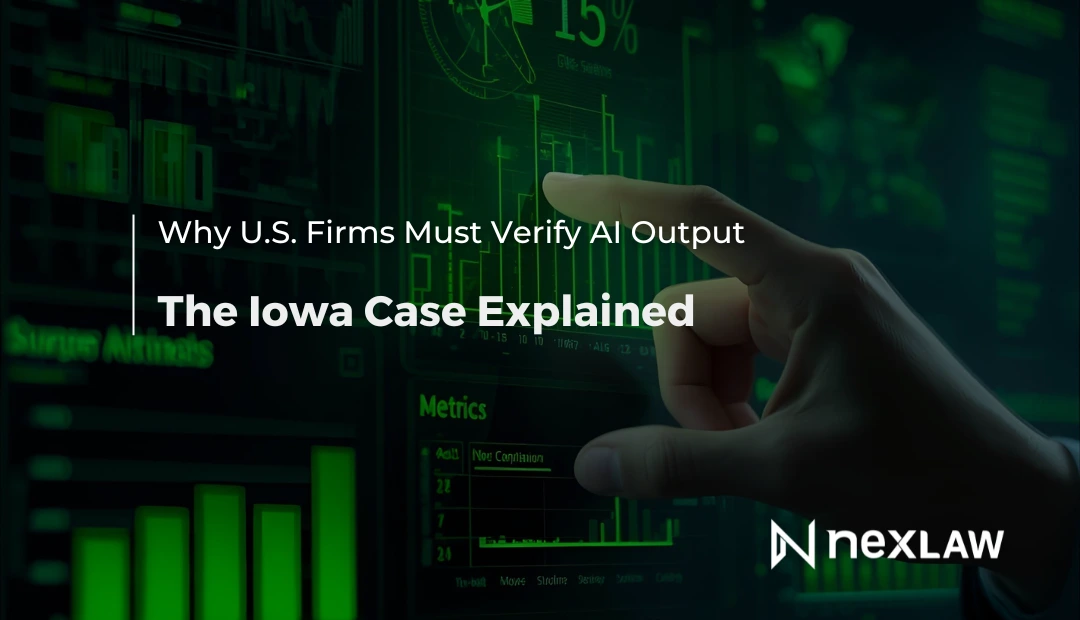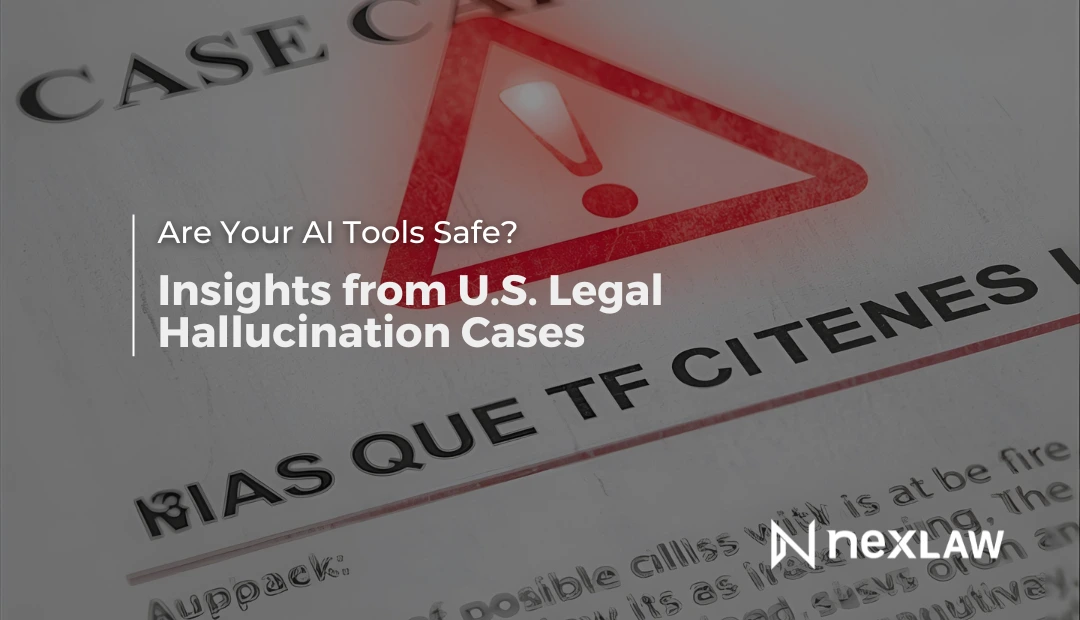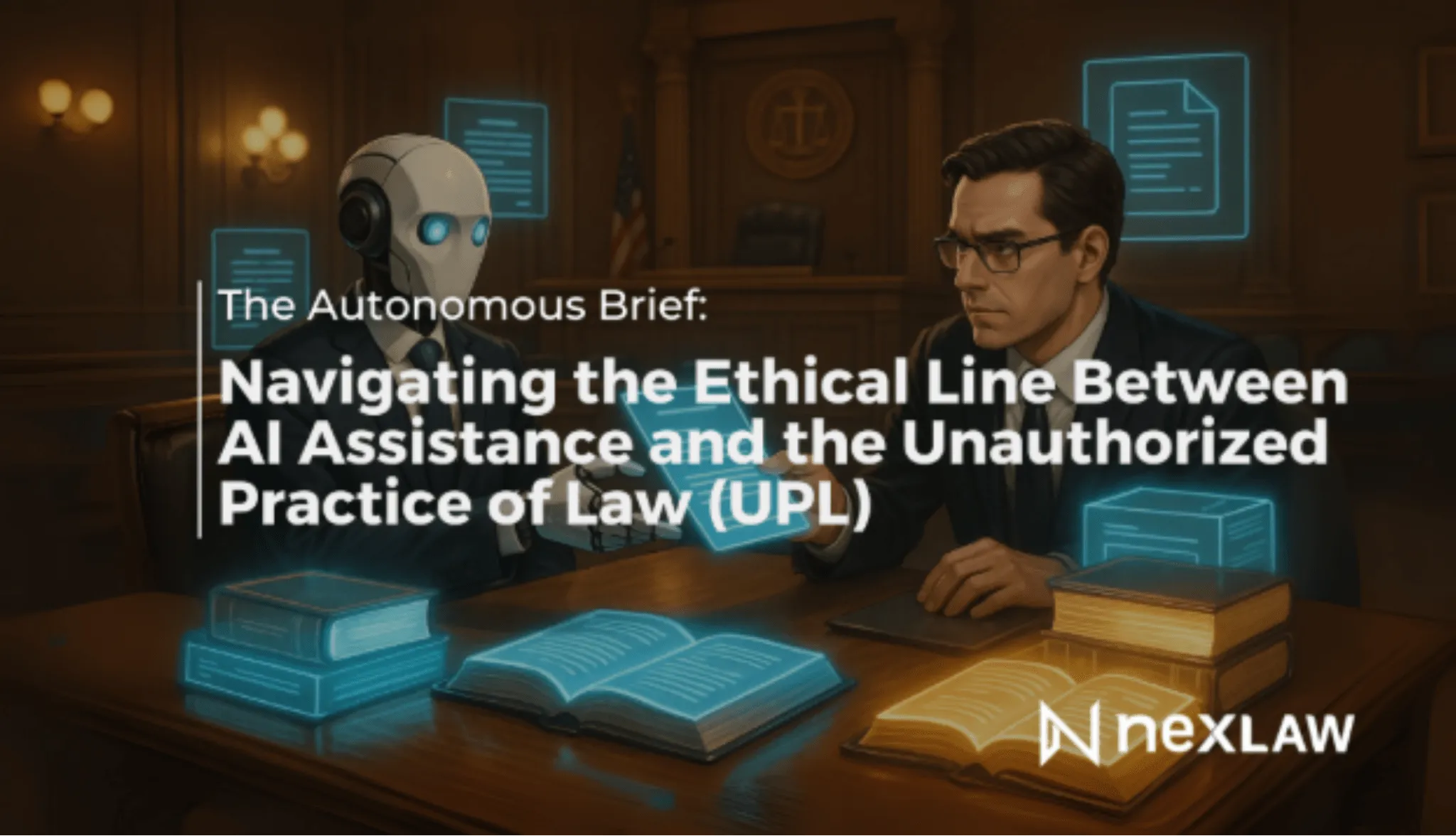Securing an arbitral award or mediated settlement is a significant achievement in dispute resolution. However, for many, this is only half the battle. The true, often formidable, challenge lies in its international enforcement. Navigating the labyrinthine complexities of recognizing and enforcing these outcomes across diverse jurisdictions can be fraught with obstacles, from varying national laws to procedural hurdles and the daunting task of identifying assets.
Yet, a powerful new ally is emerging to simplify this historically arduous process: Artificial Intelligence (AI). AI is rapidly transforming the legal landscape, offering unprecedented efficiency and accuracy in arbitral award enforcement AI and mediated settlement enforcement AI. NexLaw.ai stands at the forefront of this revolution, empowering legal professionals to unlock the full value of their dispute resolutions.
The Landscape of International Enforcement: Conventions and Challenges
International enforcement of arbitral awards and mediated settlements is primarily governed by international conventions designed to foster cross-border cooperation.
The New York Convention (Arbitration)
This landmark convention, formally known as the Convention on the Recognition and Enforcement of Foreign Arbitral Awards, has been instrumental in simplifying the cross-border judgment enforcement of arbitral awards since its inception in 1958. It obliges signatory states to recognize and enforce foreign arbitral awards, subject to certain limited exceptions.
The Singapore Convention on Mediation
A more recent development, the United Nations Convention on International Settlement Agreements Resulting from Mediation, commonly known as the Singapore Convention, plays a similar role for mediated settlements. Though newer, it aims to provide a streamlined framework for the international enforcement of commercial mediated settlement agreements, much like the New York Convention does for arbitration.
Despite these vital conventions, significant challenges persist:
- Varying National Laws: Each country possesses its own unique legal framework, adding layers of complexity to enforcement proceedings.
- Procedural Hurdles: The process can be laden with bureaucratic red tape, demanding meticulous attention to detail and adherence to specific local requirements.
- Identifying Assets: Locating the defaulting party’s assets across different jurisdictions is often a critical and challenging step.
- Potential for Local Challenges: Even with conventions in place, local courts may entertain challenges based on public policy or procedural irregularities, leading to delays and additional costs.
- Time and Cost: The sheer time and financial resources required for traditional enforcement methods can be prohibitive, often diminishing the value of the original award or settlement.
AI’s Role in Streamlining the Enforcement Process
AI is no longer a futuristic concept; it’s a practical solution actively addressing these challenges, making international enforcement more accessible and efficient.
Automated Document Analysis
 AI can rapidly analyze vast volumes of legal documents, including arbitral awards, mediated settlement agreements, and underlying contracts. It ensures compliance with relevant conventions (like the New York Convention AI and Singapore Convention AI applications) and local legal requirements, flagging inconsistencies or missing information that could hinder enforcement.
AI can rapidly analyze vast volumes of legal documents, including arbitral awards, mediated settlement agreements, and underlying contracts. It ensures compliance with relevant conventions (like the New York Convention AI and Singapore Convention AI applications) and local legal requirements, flagging inconsistencies or missing information that could hinder enforcement.
Jurisdictional Mapping & Legal Research
 Leveraging sophisticated algorithms, AI can instantly identify which jurisdictions are signatories to the New York and Singapore Conventions. Furthermore, it provides invaluable insights into local enforcement procedures, relevant precedents for cross-border judgment enforcement, and potential legal nuances that human researchers might miss.
Leveraging sophisticated algorithms, AI can instantly identify which jurisdictions are signatories to the New York and Singapore Conventions. Furthermore, it provides invaluable insights into local enforcement procedures, relevant precedents for cross-border judgment enforcement, and potential legal nuances that human researchers might miss.
Asset Tracing & Due Diligence
 AI-powered tools can assist in identifying and locating the assets of a defaulting party across various international jurisdictions. This capability is crucial for effective enforcement, enabling legal teams to target their efforts strategically.
AI-powered tools can assist in identifying and locating the assets of a defaulting party across various international jurisdictions. This capability is crucial for effective enforcement, enabling legal teams to target their efforts strategically.
Compliance Verification
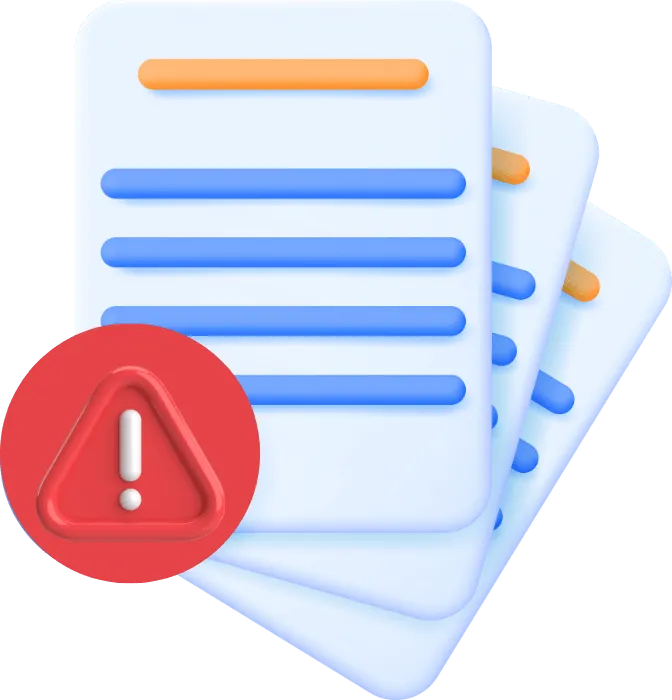 By comparing awards and settlements against a vast database of legal rules and precedents, AI can quickly flag potential issues that could hinder recognition or enforcement. This includes identifying public policy exceptions, procedural irregularities, or other grounds for refusal in a target jurisdiction.
By comparing awards and settlements against a vast database of legal rules and precedents, AI can quickly flag potential issues that could hinder recognition or enforcement. This includes identifying public policy exceptions, procedural irregularities, or other grounds for refusal in a target jurisdiction.
Predictive Analytics for Enforcement Success
 Analyzing historical enforcement cases, AI can provide predictive insights into the likelihood of successful recognition and enforcement in specific jurisdictions. This empowers legal teams to make informed strategic decisions, prioritizing efforts where success is most probable.
Analyzing historical enforcement cases, AI can provide predictive insights into the likelihood of successful recognition and enforcement in specific jurisdictions. This empowers legal teams to make informed strategic decisions, prioritizing efforts where success is most probable.
NexLaw.ai: Simplifying Global Enforcement for Legal Teams
NexLaw.ai is at the forefront of leveraging AI to empower legal professionals in the complex arena of international enforcement. Our platform is specifically designed to assist legal teams in navigating the intricacies of international enforcement AI, streamlining the entire process.
NexLaw.ai offers features that directly support the recognition and enforcement of both arbitral award enforcement AI and mediated settlement enforcement AI:
Accelerated Timelines
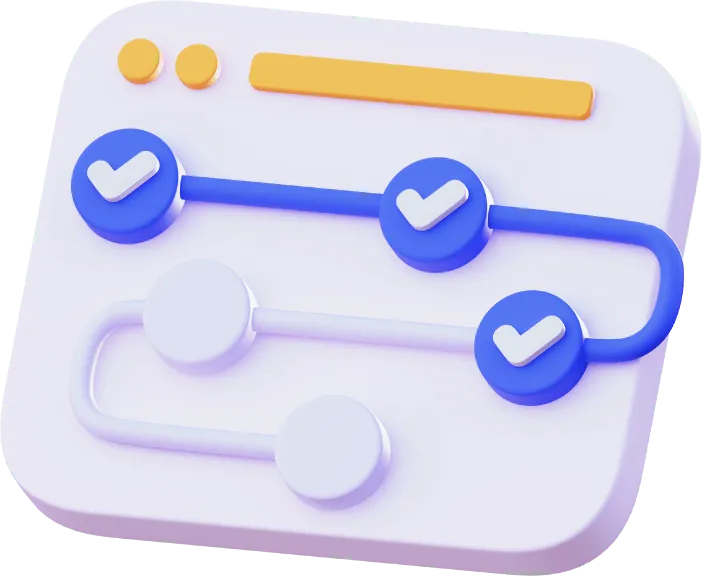 By automating document review, legal research, and compliance checks, NexLaw.ai significantly reduces the time traditionally spent on these tasks, bringing awards and settlements to fruition faster.
By automating document review, legal research, and compliance checks, NexLaw.ai significantly reduces the time traditionally spent on these tasks, bringing awards and settlements to fruition faster.
Reduced Costs
 Minimizing manual labor and optimizing strategic decision-making directly translates into substantial cost savings for legal teams and their clients.
Minimizing manual labor and optimizing strategic decision-making directly translates into substantial cost savings for legal teams and their clients.
Improved Success Rates
 With AI-driven insights into jurisdictional nuances, potential challenges, and asset locations, legal professionals are better equipped to build robust enforcement strategies, leading to higher success rates.
With AI-driven insights into jurisdictional nuances, potential challenges, and asset locations, legal professionals are better equipped to build robust enforcement strategies, leading to higher success rates.
Comprehensive Case Oversight
 Features like TrialPrep provide a holistic view of the enforcement process, from initial analysis to post-enforcement submissions.
Features like TrialPrep provide a holistic view of the enforcement process, from initial analysis to post-enforcement submissions.
AI-Powered Legal Research and Analysis
 Access to over 50 million global case laws and a Case Law Summarizer drastically reduce research time, allowing lawyers to focus on argument development.
Access to over 50 million global case laws and a Case Law Summarizer drastically reduce research time, allowing lawyers to focus on argument development.
Privacy-First Technology
 With 256-bit encryption and private cloud infrastructure, NexLaw.ai ensures the utmost security and confidentiality of sensitive legal data, a critical concern in international enforcement.
With 256-bit encryption and private cloud infrastructure, NexLaw.ai ensures the utmost security and confidentiality of sensitive legal data, a critical concern in international enforcement.
Conclusion
The historically arduous and resource-intensive process of international enforcement is being fundamentally reshaped by AI. By embracing cutting-edge legal tech efficiency, legal professionals can now navigate cross-border challenges with unprecedented ease and confidence. AI empowers parties to realize the full value of their dispute resolutions, transforming once-daunting tasks into manageable, efficient workflows.
Don’t let the complexities of international enforcement diminish the value of your hard-won arbitral awards or mediated settlements. Explore how NexLaw.ai can enhance your capabilities in international enforcement AI and empower your legal team.
Ready to streamline your international enforcement strategy?
Book a demo with NexLaw.ai today and discover our subscription plans.
